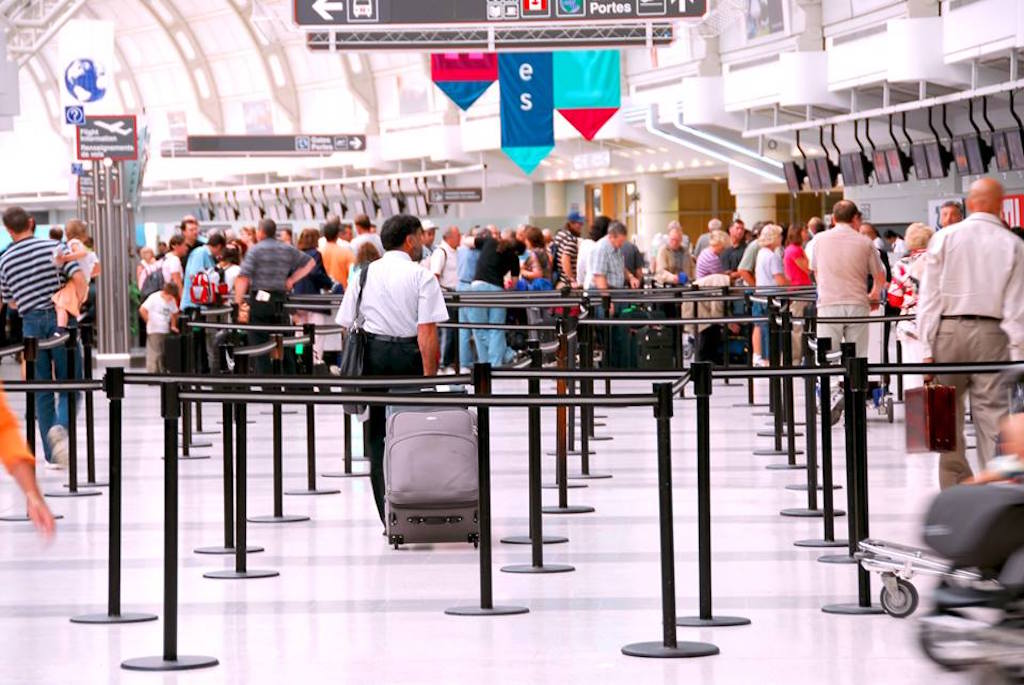Booking.com in Reversal as it Launches Loyalty Program for Business Travelers

Skift Take
There's no doubt that Booking.com already has the user base -- and can increase it -- to be successful in catering to unmanaged business travelers. Whether a loyalty program will turn out to be advantageous remains to be seen and can be adjusted as the situation merits. The real question is whether Booking.com, like Expedia's Egencia, will take the next step into managed travel by acquisition or otherwise.
A half a year ago, Priceline Group CFO Daniel Finnegan was telling investors at a retail tech conference that loyalty programs can be a source of consumer frustration and costly so the company would rather focus on improving the user experience.
“I feel our performance has been strong without being beholden to loyalty programs,” Finnegan said in March.
But a lot has changed since then. Finnegan's boss at the time, Darren Huston, left the company a month later, Booking.com's then chief operating officer Gillian Tans got bumped up to become the Booking.com CEO, and the Group's dominant unit debuted Booking.com for Business to service unmanaged business travelers (travelers whose companies don't have a formal travel policy).
And now, despite Finnegan's earlier pooh-poohing of loyalty programs, Booking.com has debuted Booking.com Travel Rewards for business travelers, offering 10 percent discounts

